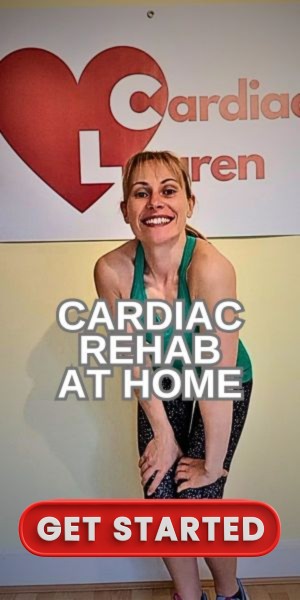Being diagnosed with a health condition brings a great deal of physical, emotional and practical challenges for a person. However, you don’t have to do it alone: creating a strong support network during your recovery can greatly relieve day-to-day pressures and feelings of isolation following your diagnosis.
In this article, we explore the importance of support networks; how to best utilise a support network to help you; as well as the importance of good communication during your recovery.
Table of Contents
What is a support network?
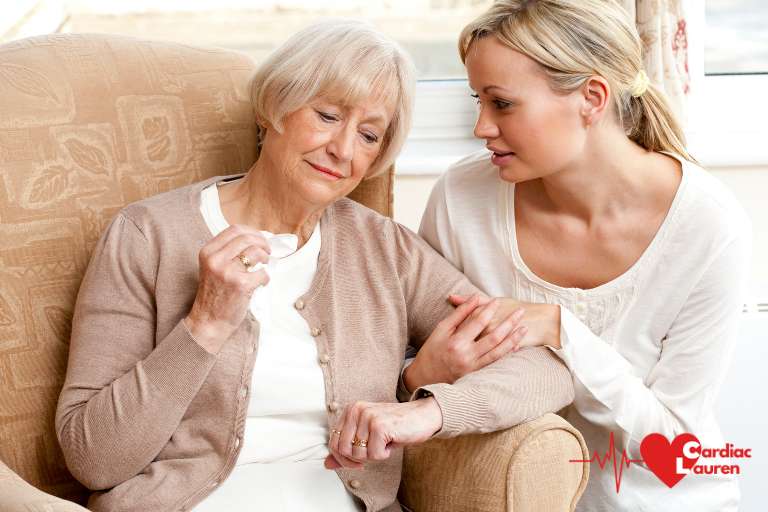
A support network is a group of people who help you with different areas of your life following your diagnosis. This could range from helping with gardening and household chores; transporting you to medical appointments; being a listening ear and providing emotional support; and much, much more.
Creating a support network
Setting up a support network following your diagnosis is immensely beneficial for both yourself and your loved ones. It becomes more than just a place where you gain much-needed support for your condition; it is also a place for people to understand your condition more; ask questions; and express their emotions during this time. Reaching out to people and creating an extensive support network may also lead to friends and family befriending one another and alleviating any pressure they feel through empathy and shared experiences. In this way, everyone benefits from a support network.
How do I set up a support network?
To set up a support network, think about your needs following your diagnosis. This may be emotional support, such as talking about your feelings and worries, or practical support, such as cooking, household chores and arranging doctor’s appointments. Make a list and then consider the current people in your life who would be good at helping with these things. You could also consider people outside your immediate circles, such as reaching out to a friendly neighbour to ask if they could help with gardening, or community groups such as churches.
Asking for help is more difficult for some people, who may feel guilt or even shame from asking for extra help. However, by reaching out to people, you can reduce your stress levels and focus more on your recovery. Most people are more than happy to help in your support network. In fact, giving them a ‘role’ allows them to feel useful and that they are actively supporting you.
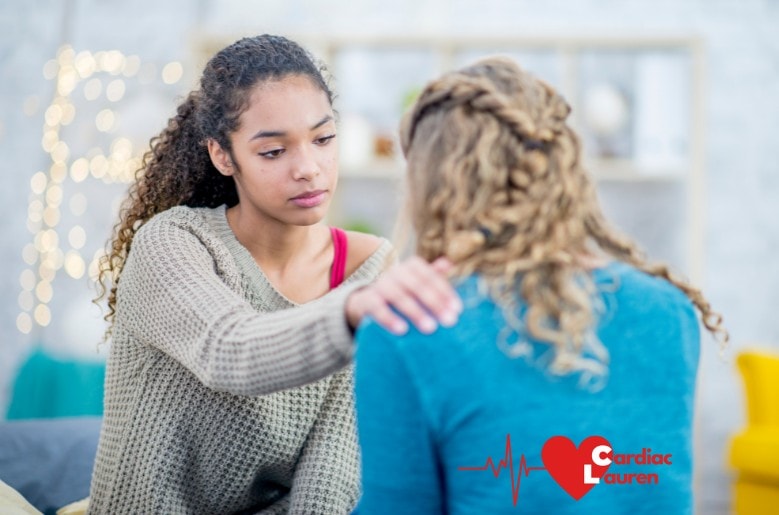
Support networks can be more than friends and family
Although friends and family may feel like your rock during your recovery, it is worth noting that support networks exist outside of your immediate circle. It can be useful to explore local and online support groups of people who also have a heart condition. The British Heart Foundation website has a useful page to help you connect to people in the heart health community.
Click here to get started and meet new people.
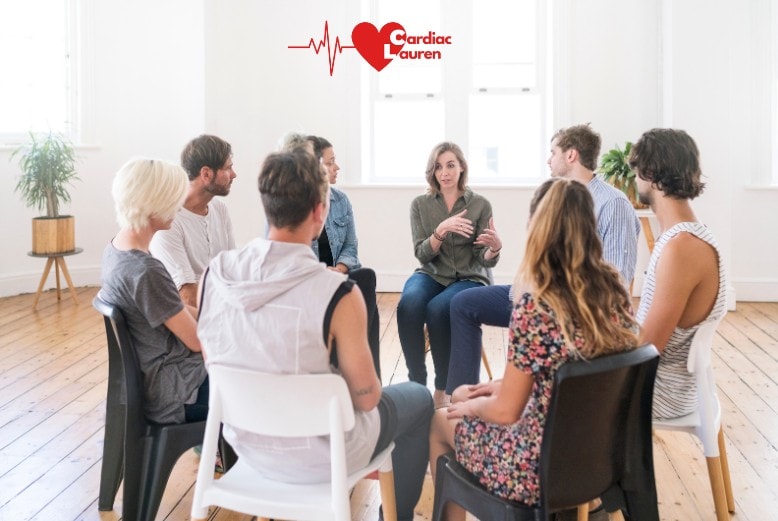
What does support look like?
Here are some of the day-to-day pressures of living with a heart condition and get the practical and emotional support you need. Friends and family are a good place to start when setting up your support network, although local and online communities exist for those who do not have an existing circle, or who are interested in connecting with others who are going through a similar experience. Supporting someone with a heart condition takes many different forms and everyone’s individual needs will be different. Support should be what it is: support and not a burden to the individual.
- Emotional Support
People who provide good emotional support are caring and empathetic. Seek someone you trust to share your feelings and concerns with and who will provide a listening ear, empathy, and reassurance in return. Emotional support can look like some of the following:
- Phoning you to check in
- Popping over for a cup of tea
- Going for a walk or doing other exercise with you
- Listening to you
- Having fun and taking your mind off of your condition
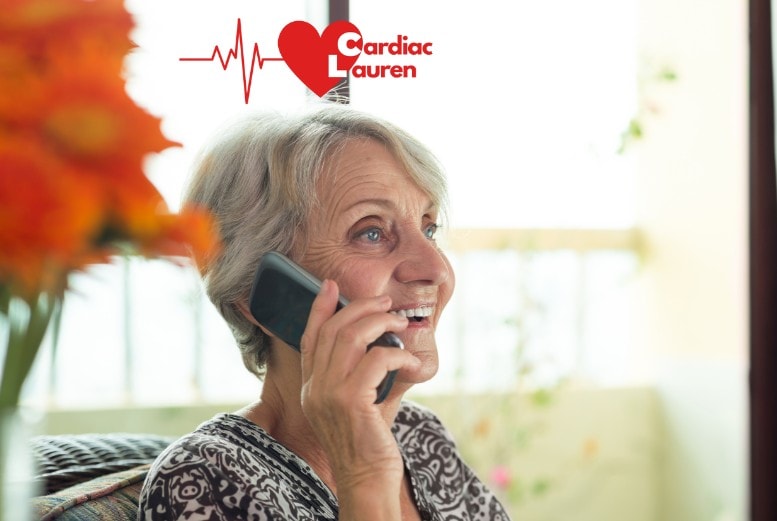
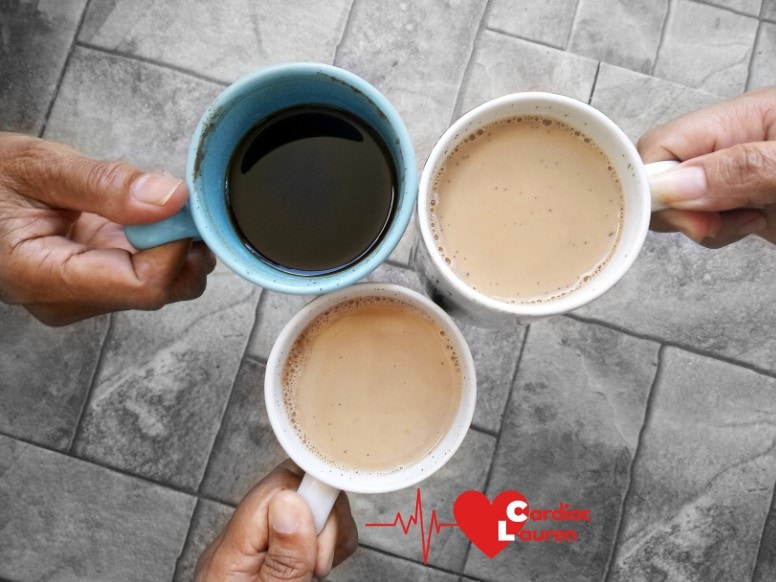
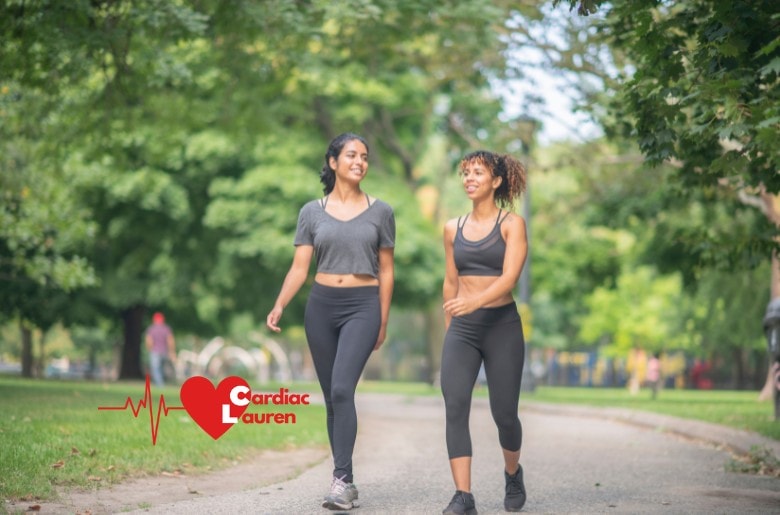
- Practical Support
While recovering from a heart condition, daily tasks can be difficult, as you may not be able to resume your normal activity without exertion. Some daily tasks that you can ask someone in your support network (who lives with you or close by) to help with are as follows:
- Dressing and washing
- Cooking
- Cleaning
- Gardening
- Walking dogs
- Transportation
- Reminding you to take your medication
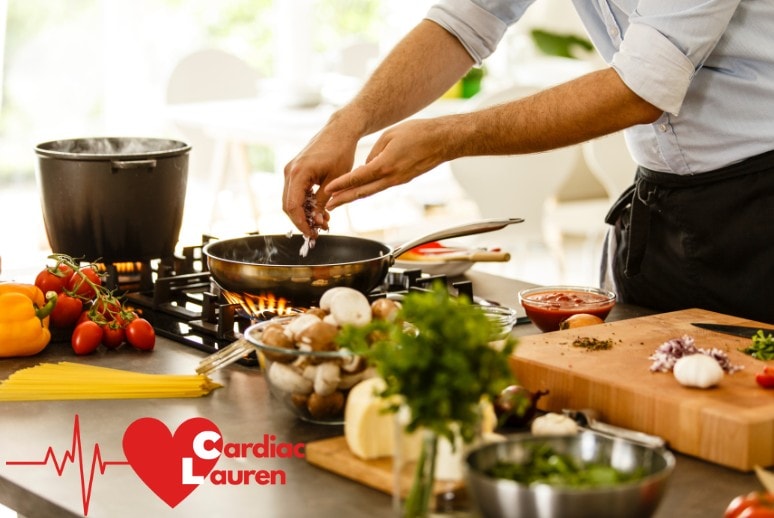
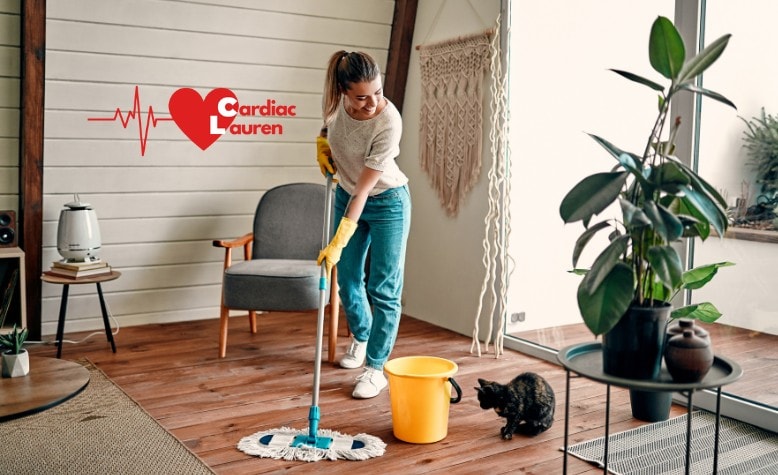
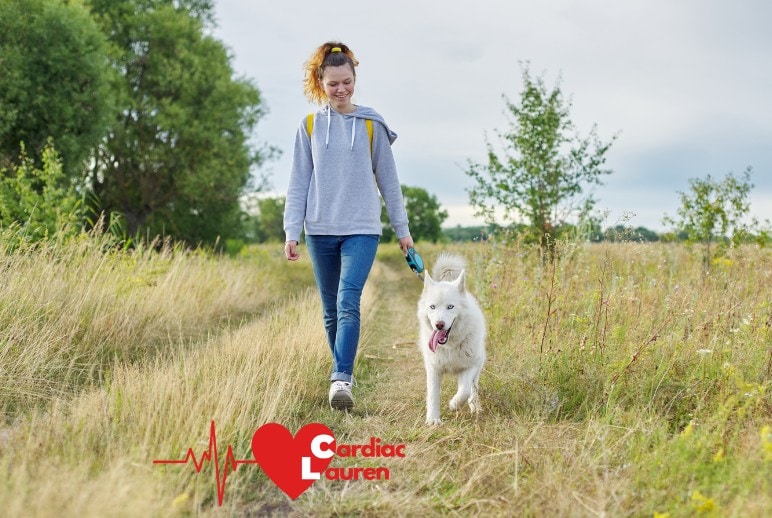
Remember that anyone who gives you support during your recovery should respect your autonomy and, ideally, be educated about your heart condition (and its implications on your daily activities and energy levels). Aim to establish open communication with these people in your close circle and read our article ‘How might my diagnosis affect my relationships?’ for more about relationships after a heart diagnosis.
Good communication: what is open dialogue and why is it important within your support network?
Open dialogue is essentially conversations where the people involved feel at ease talking openly to each other about a topic. There is often the feeling that no idea is off-limits and everyone feels safe and mutually respected. For open dialogue to take place, it is best to schedule a specific time in a safe, comfortable place (such as a kitchen table) and to ensure that any prior conflicts have been resolved before starting the conversation. Talking about feelings and emotions during open dialogue is encouraged, as it is a safe place to do so.
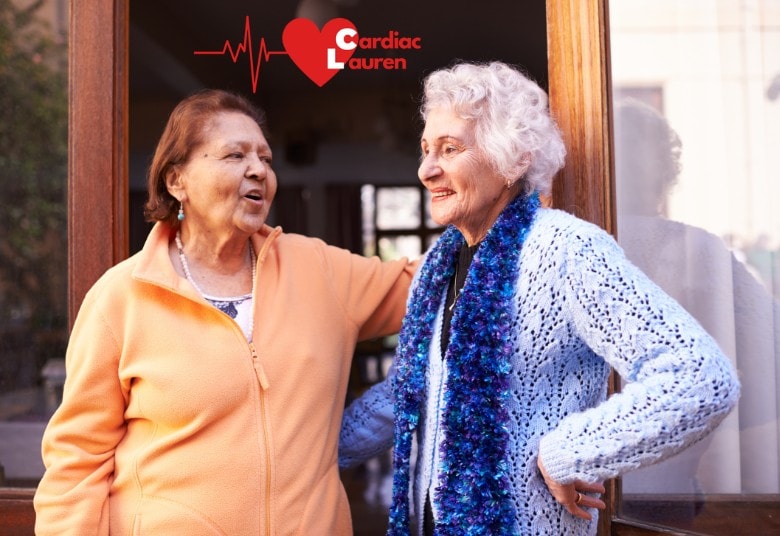
Open dialogue also lends to ‘ongoing dialogue’, which is when people are comfortable in bringing up a previously discussed topic – especially one that may feel ‘sensitive’ at times. This could be a friend knowing that it is ok to ask a person with a health condition how they are doing – if their medicine still makes them feel sleepy, etc. It could also look like a child being encouraged to ask questions and express their feelings in response to a parent with a heart condition. Ongoing dialogue can make everyone feel more relaxed around the subject of your heart condition and accept and come to terms with the changes it will bring.
Nobody should have to go through their heart diagnosis alone. Subscribing to Cardiac Lauren gives you the opportunity to join a WhatsApp group made up of fellow members who are going through or have been through, the same situation as you.





